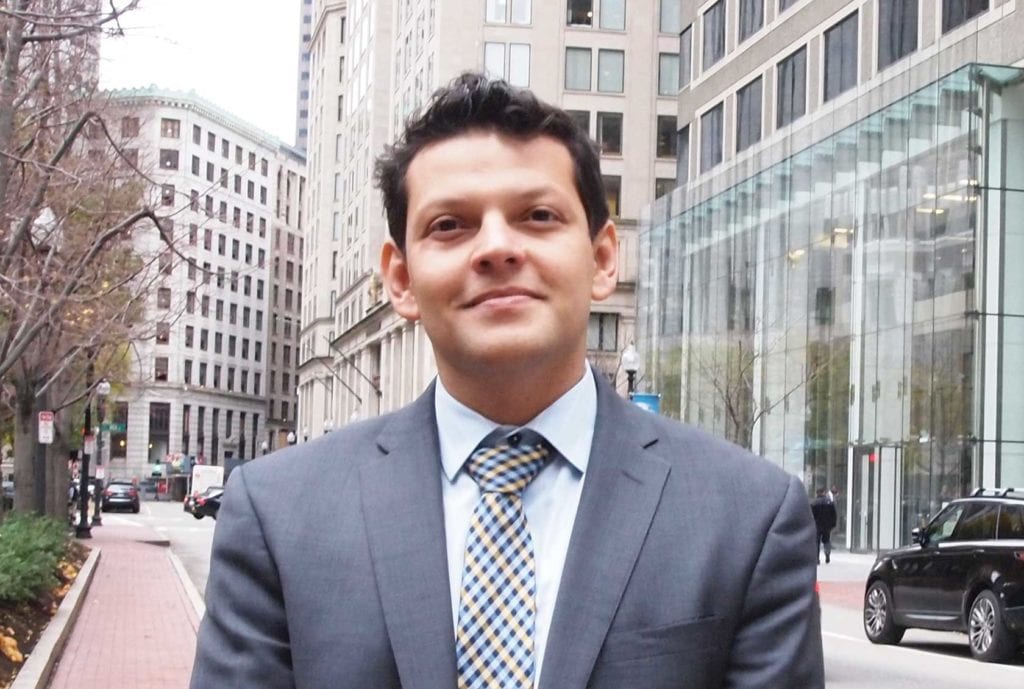
Central to an open and effective democracy is the ability of the public to access information about government decisions and actions that directly impact their everyday lives. Public records laws govern the public’s right to access government records. Without those laws information-seeking citizens would be left to the whims of various bureaucracies that might not want to share information about their actions. However, even in states with comprehensive public records laws, the public can still struggle to obtain the information it seeks. That is particularly true of the Boston Police Department (BPD) which routinely fails to comply with the Massachusetts Public Records Law.
Earlier this Summer, Lawyers for Civil Rights (LCR) brought a lawsuit to stop BPD from this persistent law-breaking and to force the transparency that the legislature has mandated in the Public Records Law. LCR’s lawsuit arises out of a 2019 public records request to gain insight into the racial impact of BPD employment practices, particularly the progress — or lack thereof — of diversity in employment in BPD’s predominantly white police force. The request also asked for information about matters which LCR is or has actively litigated, like the use of stale records as a rationale for bypassing qualified applicants of color for employment, and the practice of overlooking women of color for promotions in the civilian departments.
LCR filed the civil lawsuit after six months with no response from BPD, despite being required by law to respond within 10 business days. Only after LCR filed the lawsuit did BPD respond to the request for information. If a legal organization that can marshal significant legal resources is unable to access public information from BPD, what hope does a private citizen have? None. In fact, further investigation uncovered that BPD regularly fails to abide by the timelines for public record production — often delaying for months at a time. This year alone, LCR found a record of nearly two dozen additional complaints from individuals who did not receive timely public information from BPD.
The Massachusetts Public Records Law should be a simple and powerful way for community members to obtain information about the police department’s actions, but BPD must be held accountable for timely compliance. A meaningful response to a public record inquiry can yield real impact on a community.
For example, as police departments around the country wrestle with racial profiling and diversity in employment, how much does the community actually know about what the BPD is doing on that front? Not much. That is because the BPD, although sworn to uphold the law, itself routinely breaks the law when it comes to providing public records. Transparency is key to easing the tensions between communities of color and law enforcement. If community members are unable to obtain diversity demographics, or any other information, from their police department that tension will never begin to ease.
Transparency is a critical component of accountability, and public record laws empower community members by ensuring that they have access to information about our government’s actions. It should not be permissible for BPD, or any other government actor, to shirk that legal and community responsibility.
Ivan Espinoza-Madrigal is executive director of Lawyers for Civil Rights






